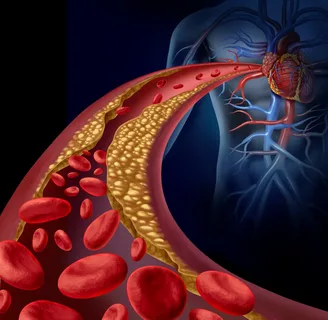Many people all over the world suffer from vascular illnesses today. Improve your vascular health by understanding some key facts. An illness that affects arteries and veins primarily is called vascular disease. The best vascular surgeon at the Vascular Institute will examine your condition if you have heart conditions, stiff feet, leg sensations, or any other vascular condition.
What are Vascular Problems?
Vascular Problems are a group of medical conditions that involve the flow of blood through vessels in the body. There are many types of vascular problems, and they can affect any part of the body. Some common vascular problems include stroke, heart disease, and varicose veins. These problems can lead to major structural damage in the body and can be fatal if not treated quickly. Vascular problems are a broad term that refers to any disorder that affects the blood vessels. They can be caused by a variety of factors, including age, genetics, and lifestyle choices. Some vascular problems are relatively harmless, while others can be serious and fatal.
Veins carry blood and other substances throughout the body. When a vein is blocked, it can cause a vascular problem. There are many types of vascular problems, but the most common are strokes and heart attacks. Strokes happen when blood flow to part of the brain is blocked. This can be caused by a blood clot, a broken vessel, or a tear in the artery that supplies blood to the brain. A heart attack happens when the coronary artery that feeds oxygen-rich blood to the heart becomes clogged. Other common vascular problems include heart failure (when your heart doesn’t have enough strength to pump blood) and peripheral artery disease (when arteries that supply smaller parts of the body become clogged).
What Causes Vascular Disease?
There are many different causes of vascular disease, but the most common is coronary artery disease. This is a condition in which the arteries that supply blood to the heart become narrowed or blocked. This can lead to heart failure and death. Other causes of vascular disease include diabetes, high blood pressure, and obesity. Each of these conditions can contribute to the development of atherosclerosis, a condition in which plaque build-up in the arteries. If left untreated, atherosclerosis can eventually lead to a heart attack or stroke. Some of the most common causes include high blood pressure, diabetes, and obesity. An unhealthy lifestyle is also a major factor in the development of vascular disease. smoking, drinking, and overeating are all examples of bad habits that can lead to vascular disease.
How are Vascular problems detected?
If you are concerned about your general health, you should be able to identify vascular disease. This illness comes in a variety of forms, and early detection can be difficult. Symptoms of the vascular illness include alterations in eye colour, particularly a crimson tint, blurred or split sight, breathing problems, reduced appetite, and weariness. Check your blood pressure frequently, get a checkup every year, and, most importantly, use a heart rate sensor to listen to your heart.
Treatment and Prevention of Vascular Disease
People with vascular illnesses are more likely than ever to need to recognize and avoid the dangers associated with them. You can lower your chances of developing the vascular disease by quitting smoking, eating healthfully, and exercising more. Surgical procedures, treatments, and therapies can help prevent artery damage in patients with vascular diseases. A visit to the Vascular Institute is recommended if you experience any of these symptoms.



































































